#6 Kitche
Kitche is the home food waste app that helps households to save food, money and the environment! The average U.K. family ditches £70 worth of good food a month, most of which can be easily avoided with Kitche.
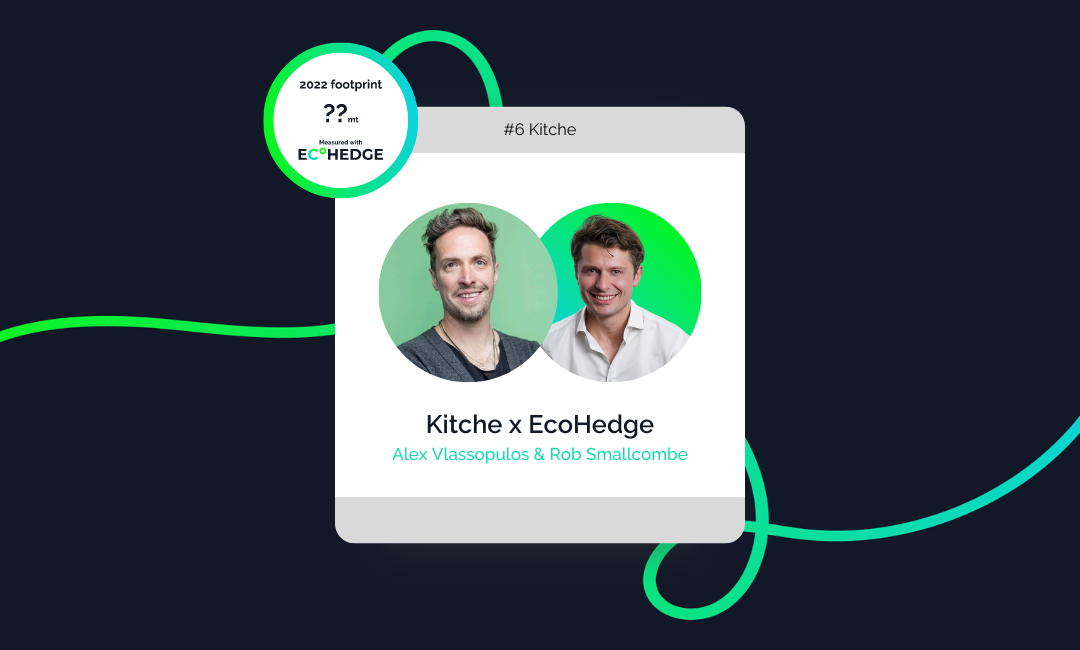
Kitche is the home food waste app that helps households to save food, money and the environment! The average U.K. family ditches £70 worth of good food a month, most of which can be easily avoided with Kitche.

Kitche was born during a walk in South London eight years ago when my co-founder, Lynsey, and I discussed her concerns about cooking for her young family without wasting food. She considered a smart fridge, but I believed it wouldn't solve the real issue. I suggested an app to track food inventory, provide recipes, and reduce waste.
Realising no such app existed, we created Kitche. During this process, I discovered the alarming environmental impact of food waste - 33% of the world's food is wasted, while 9% suffer from hunger.
Shockingly, 70% of food waste happens in our homes, making it a problem within our control. Food waste ranks as the third-largest carbon emitter, after China and the US.
Our mission became clear: raise awareness about food waste, empower individuals to make informed decisions, and create a sustainable future.
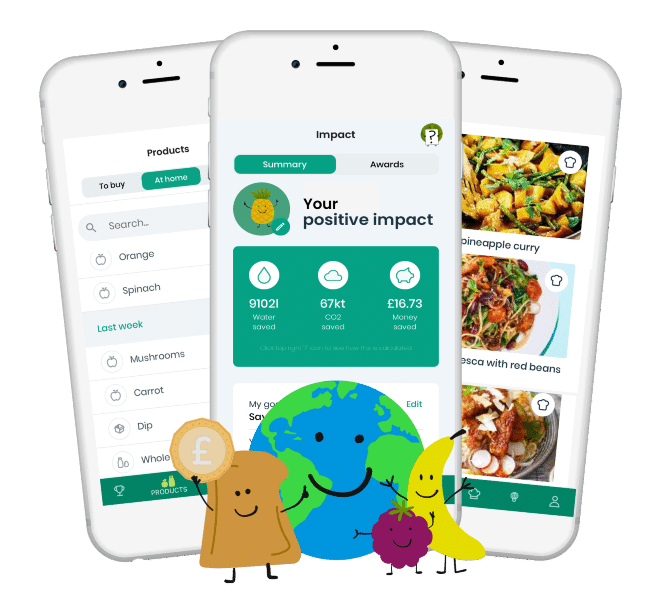
Kitche, in its app form, has been instrumental in helping people at home reduce their food waste through its unique features and functions. Drawing from my experience in technology from previous roles in startups, including the music industry and Google, I've always believed in leveraging technology to solve problems effectively.
The app encompasses a range of innovative nudges, delivered through push notifications, reminding users about the items they have at home. It also offers convenient ways to add products, such as scanning barcodes or using voice dictation with smartphones' capabilities. Additionally, Kitche includes engaging content, videos, and chef-created hacks to further enhance the user experience.
However, reaching the position we are in today hasn't been without challenges. We've faced obstacles along the way, but our passion for reducing food waste and creating a positive impact has driven us to overcome these hurdles and continue our mission with unwavering determination.
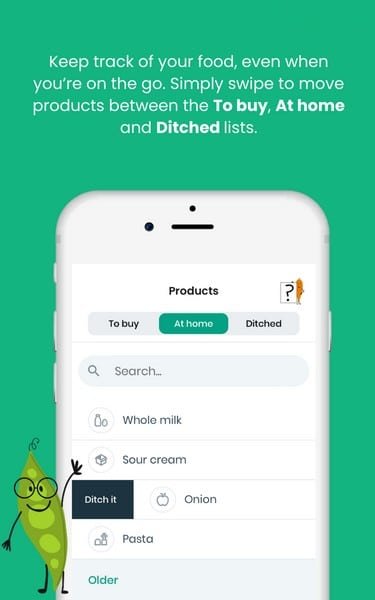
The primary challenge was transforming our initial post-it note idea into a viable technological solution. Since I'm not an engineer, finding the right partners was crucial to overcome this obstacle.
Partnering with Jamie and Lynsey as co-founders, each with unique skill sets, helped us gain momentum and tackle the hurdle effectively. As we progressed, we encountered challenges related to app development, attracting users, and establishing a solid commercial model. Transitioning into a commercial venture involved creating a business-to-business consumer model, licensing data, and forming partnerships with local authorities and supermarkets.
Fundraising was also a significant concern, but with persistence, we managed to secure funding, which built confidence and further fueled our growth. Overall, the journey from idea to a thriving app was a testament to our determination and strategic planning.
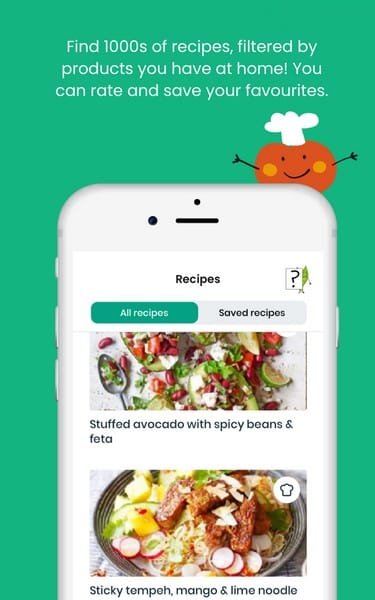
It's slightly different for our various partners. For local authorities and government entities, we've been collaborating to help them reduce their costs associated with food waste disposal. By providing insights into the types of wasted products, their percentage, and categories, we assist them in optimising their intervention strategies and practices. This not only reduces food waste for their constituents but also informs better disposal practices, which leads to cost savings.
For consumers, our mantra of "eat what you buy, buy what you eat" is straightforward. Our app helps them save money and reduce food waste, making it a simple win-win situation.
As for supermarkets, we've sought partnerships with them to support their commitment to reduce farm-to-fork food waste by 50% by 2030. Since a significant portion of food waste occurs in households, supermarkets are keen to better understand post-purchase food waste. Our app aids them in fulfilling their pledge and aligns with our vision of integrating seamlessly with their loyalty programmes. By offering gamification and rewards like Nexa points or Clubcard points, we foster loyalty and sustainability among consumers who seek more eco-conscious brands.
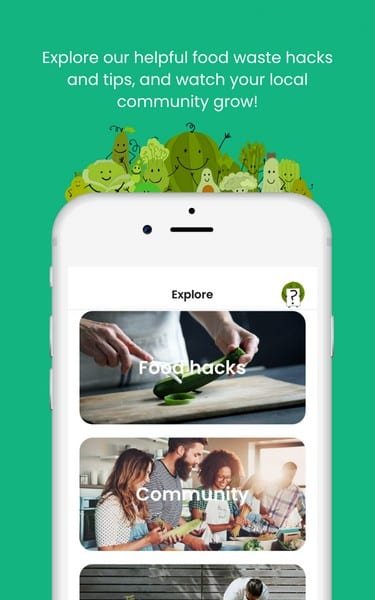
Certainly. The first piece of advice I live by is to focus on doing what you're good at and allowing others to handle their areas of expertise. Recognising that you can't do everything, having three co-founders with diverse backgrounds and skill sets has been vital to our success. With myself having a commercial technology background, Lynsey with an agency design brand background, and Jamie with a corporate finance and legal background, we bring a wealth of experience and complement each other's strengths. Additionally, building a phenomenal team, led by our head of impact Tish, has been instrumental. Acknowledging that you can't do it all alone and embracing collaboration is essential for any exciting project.
The second piece of advice is to recognise and celebrate your wins. As the journey is filled with ups and downs, it's crucial to acknowledge the milestones and achievements along the way. I'll admit that I sometimes struggled with this, especially when working remotely, as there's no immediate team to celebrate with. But it's essential to take a moment to cherish the successful fundraising rounds, significant user feedback, and impactful app installations. Celebrating these victories not only boosts morale but also fuels further motivation for the journey ahead.
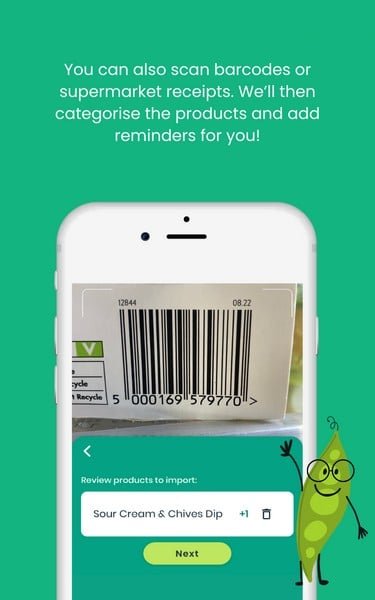
Yeah, I'm a big fan of every company that's trying to fight food waste in different areas. This was a new career move for me. I'd never worked in food technology or sustainability quite this deeply. Recently, I ran sustainability for Android, but never at this level. So it was quite new for me, and everyone was so welcoming in the community.
There are other apps out there trying to solve food waste as well, including Olio , who's working with supermarkets for food redistribution and households as well. Too Good to Go is another fantastic app working with many retailers to ensure produce from retail is eaten and not wasted.
There are also consumer brands fighting food waste through their products. From a "wonky" fruit and veg perspective, there's Oddbox , an expanding and excellent company with lovely people. In the FMCG category, Rubies in the Rubble is a household favourite, and my kids love their ketchup, which uses surplus pears instead of nasty sugars.
Across the food waste space, there are many initiatives, but everyone shares that common goal and is really helpful. So, there are a few names in there doing commendable work.
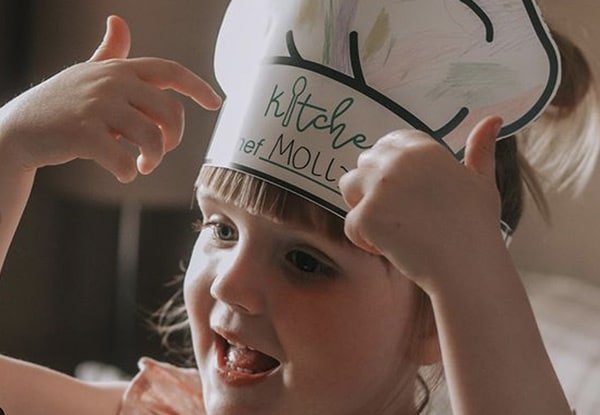

You have successfully subscribed to:
An Introduction to Climate by EcoHedge.
Check your inbox for your first video!
.png)
Our excellent customer support team is ready to help.

One of our team will be in touch soon 🙌.
Book your demo using the link below.

We've received your enquiry and one of our team will be in touch soon 😁
sales@ecohedge.com
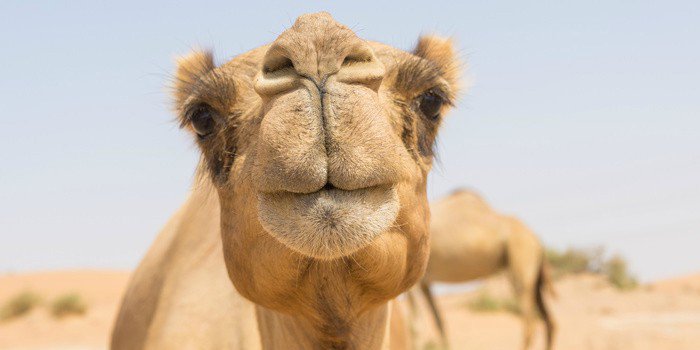
Our excellent customer support team is ready to help.

Our carbon experts will be in touch to discuss your requirements.
Fill out the below form and our partnership team will be in touch.
Our excellent customer support team is ready to help.

Our excellent customer support team is ready to help.

We'll be in touch to arrange an initial call.
Fill in the form below to acccess your free guide.
 Your payment was processed successfully. Congratulations!
Your payment was processed successfully. Congratulations! You have cancelled the payment process.
You have cancelled the payment process. This popup does not exist. I'm sorry.
This popup does not exist. I'm sorry.